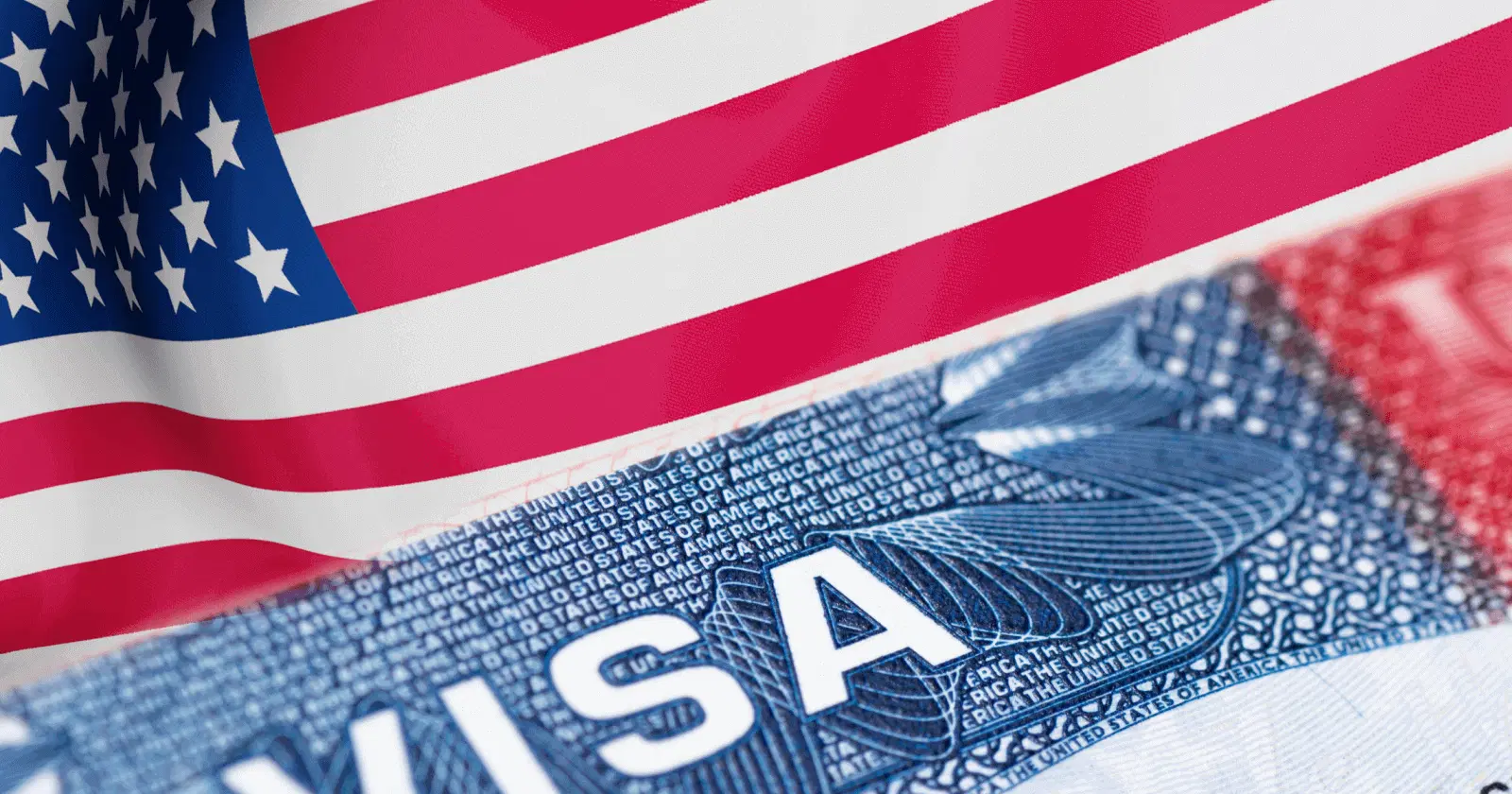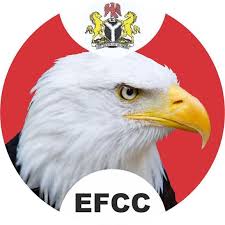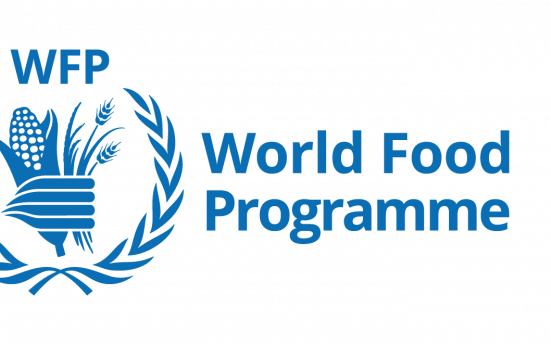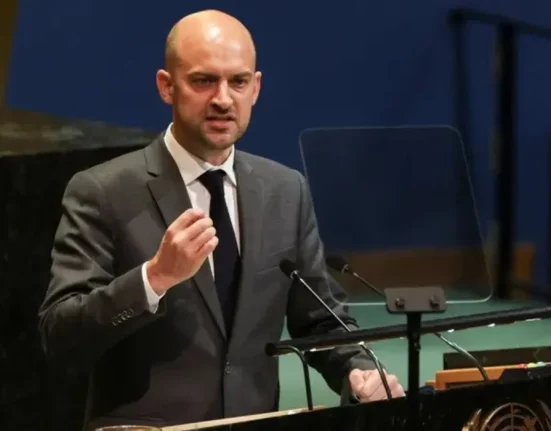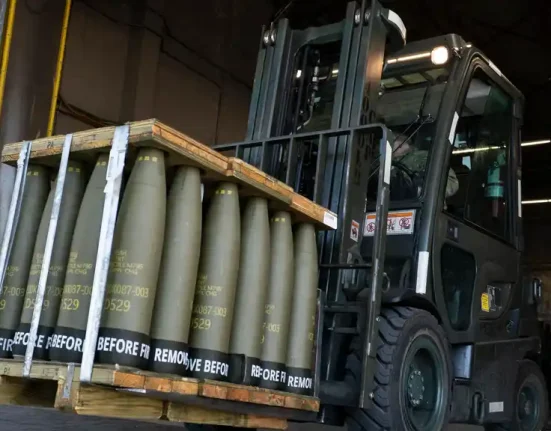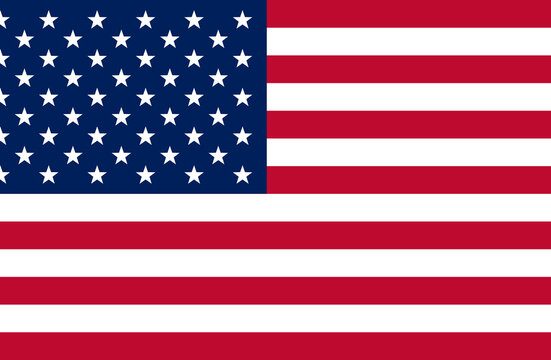The United States government is reportedly making moves to reintroduce a controversial visa bond program that would require travellers from countries deemed to have high visa overstay rates to deposit up to $15,000 as a condition for securing short-term visas.
According to credible sources within U.S. immigration circles, the revived policy will apply specifically to visitors seeking B-1 and B-2 visas, which are issued for short-term business and tourism purposes. The initiative is aimed at curbing the rising number of foreign nationals who overstay their visas, a persistent concern for American immigration authorities.
Originally launched in late 2020 during the administration of former President Donald Trump, the visa bond rule was designed as a pilot program targeting citizens from countries with overstay rates exceeding 10% based on Department of Homeland Security data. However, the policy was suspended in mid-2021 under the Biden administration amid concerns over its impact on diplomatic relations and travel equity.
Now, with overstays still contributing to the broader immigration challenges facing the U.S., the Department of State and the Department of Homeland Security are considering reactivating the program, though with some possible revisions to its scope and implementation. If reinstated, travellers from countries historically flagged for high noncompliance—such as Nigeria, Eritrea, Liberia, Chad, Sudan, and a few others—may be asked to pay the refundable bond as part of their visa approval process.
Officials have clarified that the $15,000 bond would be returned once the visitor exits the country within the authorised timeframe. However, failure to comply would result in forfeiture of the bond and may also affect future visa applications. The policy is not expected to affect all travellers, as it will be selectively applied based on data-driven risk assessment.
The potential revival of the program has stirred reactions in diplomatic and migration policy circles, with critics arguing that it places an undue financial burden on applicants from developing nations and could hinder legitimate travel for tourism, education, and commerce. On the other hand, proponents say it could serve as a useful tool in enforcing immigration rules and reducing system abuse.
Analysts suggest that if the U.S. proceeds with reintroducing the policy, affected countries may seek diplomatic negotiations to be exempted or to secure favourable adjustments to the bond amount and conditions.
While a formal rollout date is yet to be confirmed, immigration stakeholders are urging prospective applicants to monitor updates through U.S. embassies and consulates in their respective countries, as implementation could commence once official guidelines are finalised.

